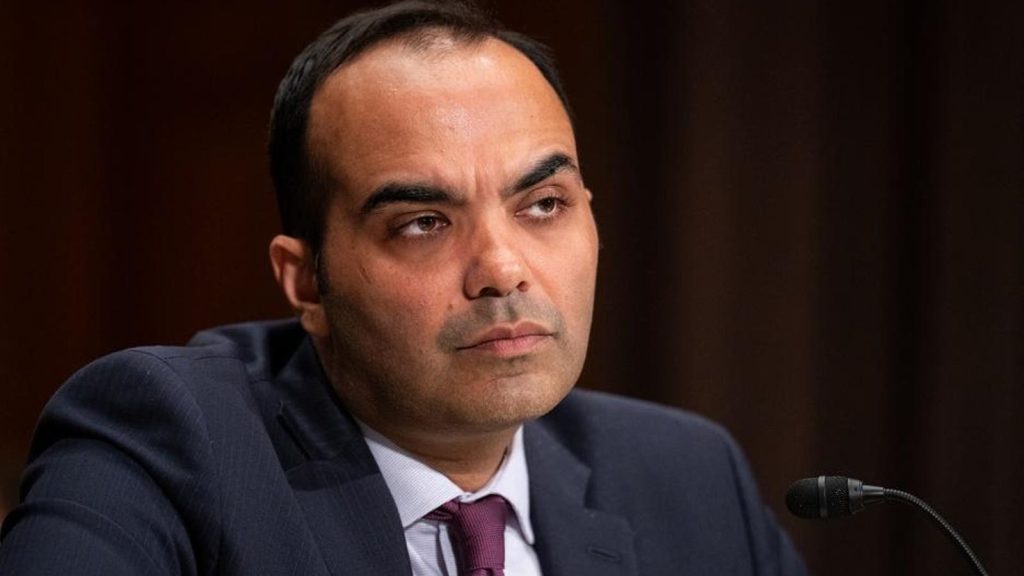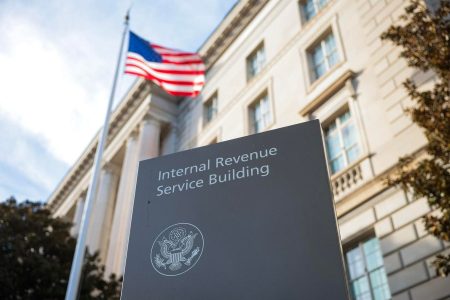The landscape of credit reporting in the United States is poised for significant transformation, with contrasting changes impacting medical debt and student loan debt. While millions will benefit from the removal of unpaid medical bills from their credit reports, others face the potential of negative reporting due to defaulted student loans. This divergence in policy highlights the complex interplay of consumer protection, financial stability, and the lingering effects of the COVID-19 pandemic.
The Consumer Financial Protection Bureau (CFPB) has finalized a groundbreaking rule eliminating unpaid medical bills from consumer credit reports. This action aims to alleviate the financial burden on individuals struggling with healthcare costs, recognizing that medical debt holds little predictive value for lenders and often arises from inaccurate billing or unexpected emergencies. The CFPB contends that medical debt should not impede an individual’s financial future, and the new rule is expected to significantly boost credit scores for millions, potentially facilitating access to mortgages and other loans. This change is projected to remove approximately $49 billion in medical debt from credit reports, potentially increasing access to affordable mortgages and raising credit scores for millions of Americans. While the implementation timeline remains unclear, particularly given potential opposition from the incoming Trump administration, the rule represents a significant step towards disentangling healthcare costs from an individual’s creditworthiness.
In contrast to the positive changes for medical debt, the credit reporting landscape for federal student loans is shifting towards stricter enforcement. After years of pandemic-related forbearance and deferments, protections against negative credit reporting for delinquent and defaulted federal student loans are expiring. The “on-ramp” and “Fresh Start” programs, implemented by the Biden administration, provided temporary relief but are now concluding, with limited indication of further extensions. This means that millions of borrowers who have fallen behind on their student loan payments or remain in default may soon face the consequences of negative credit reporting, impacting their ability to access credit and potentially hindering their financial progress. While programs like rehabilitation and Direct loan consolidation remain available for defaulted borrowers, the resumption of negative credit reporting underscores the urgency for borrowers to explore these options and regain control of their student loan debt.
The opposing trajectories of medical and student loan debt reporting raise important questions about the role of credit reports in assessing financial responsibility. While medical debt is increasingly viewed as a less reliable indicator of creditworthiness due to its unique circumstances, student loan debt continues to carry significant weight. The differing approaches reflect evolving perspectives on the types of debt that should impact an individual’s credit standing, with greater emphasis placed on the borrower’s control over the debt incurred. The removal of medical debt acknowledges the often unpredictable and unavoidable nature of healthcare expenses, while the stricter enforcement for student loans emphasizes the responsibility of borrowers to manage their educational debt.
Adding another layer to the credit reporting landscape is the introduction of the Ending Scam Credit Repair Act (ESCRA). This bipartisan bill aims to combat fraudulent practices within the credit repair industry by prohibiting organizations from charging consumers upfront fees and increasing penalties for violations. This legislation recognizes the vulnerability of individuals seeking credit repair services and seeks to protect them from exploitation by unscrupulous operators. By requiring credit repair organizations to demonstrate successful improvement in credit scores before billing clients, ESCRA aims to promote transparency and accountability within the industry. This aligns with the broader movement towards consumer protection within the financial sector, emphasizing the need for fair and ethical practices.
In summary, the coming months will usher in significant changes to credit reporting for millions of Americans. The removal of medical debt promises to provide financial relief and improved credit access for a substantial portion of the population. Conversely, the looming resumption of negative credit reporting for defaulted student loans underscores the need for borrowers to proactively address their debt and explore available options to avoid long-term financial consequences. The introduction of ESCRA further highlights the ongoing efforts to protect consumers from predatory practices within the financial services industry. These converging changes reflect a dynamic and evolving credit reporting landscape, with a renewed focus on consumer protection and a more nuanced understanding of the relationship between debt and creditworthiness.










